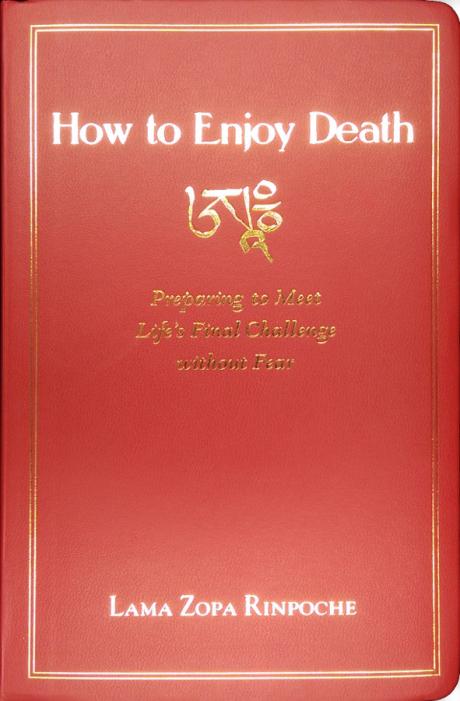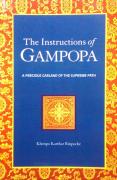A beautifully-crafted limited edition from Lama Zopa Rinpoche on how to help loved ones have a beneficial death. "When suddenly one day one of your loved ones dies and you don't know what to do to help, you'll feel so confused, so lost. This made me think that knowing how to help others at the time of death is such important education to have. By providing the right support, the right environment, you can help your loved one die peacefully, with virtuous thoughts, and thus have a good rebirth."--Lama Zopa Rinpoche For years Lama Zopa Rinpoche has envisioned a practical book to inform students of how to help loved ones have a beneficial death. How to Enjoy Death has been compiled from years of Rinpoche's teachings and has been lovingly edited by Venerable Robina Courtin. Here Lama Zopa Rinpoche provides detailed advice on how best to prepare ourselves to face the inevitable end of our own and our loved one's lives with courage, grace, and a mind free of fear. With great care, Rinpoche explains what to do in the months, weeks, and days that precede death, as well as how to handle the moment itself and the mantras, prayers, and meditations that must follow the death of a loved one. All of the practices one needs to be prepared to face death are handily included between the covers of this thoroughly pragmatic volume, making this an essential reference for Tibetan Buddhist practitioners, caregivers, hospice workers, or chaplains. This limited edition book includes: 16 full color images, including the Wheel of Life, Buddha Shakyamuni, and more 2 pull-out cards printed with mantras requested specifically by Lama Zopa Rinpoche the full text of essential prayers and rituals 2 ribbon page markers to mark common practices and keep place in your process Beautiful and durable faux leather flexible cover 2-color interior to help you navigate the different practices







